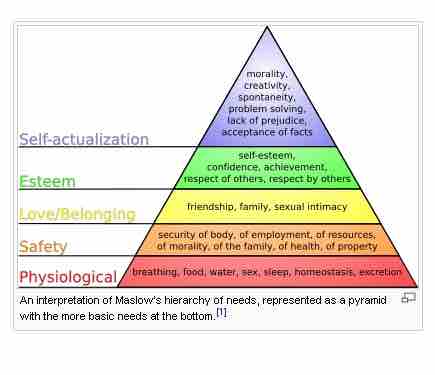Planned Economy
A planned economy is a type of economy consisting of a mixture of public ownership of the means of production and the coordination of production and distribution through state planning.
Planned Socialist Economy
Economic planning in socialism takes a different form than economic planning in capitalist mixed economies. In socialism, planning refers to production of use-value directly (planning of production), while in capitalist mixed economies, planning refers to the design of capital accumulation in order to stabilize or increase the efficiency of its process. While many socialists advocate for economic planning as an eventual substitute for the market for factors of production, others define economic planning as being based on worker-self management, with production being carried out to directly satisfy human needs. Enrico Barone provided a comprehensive theoretical framework for a planned socialist economy. In his model, assuming perfect computation techniques, simultaneous equations relating inputs and outputs to ratios of equivalence would provide appropriate valuations in order to balance supply and demand.

Hierarchy of Needs
Worker self-management and production to satisfy human needs are key.
The command economy is distinguished from economic planning. Most notably, a command economy is associated with bureaucratic collectivism, state capitalism, or state socialism.
Socialism
Socialism is an economic system characterized by social ownership, control of the means of production, and cooperative management of the economy. A socialist economic system would consist of an organization of production to directly satisfy economic demands and human needs, so that goods and services would be produced directly for use instead of for private profit driven by the accumulation of capital. Accounting would be based on physical quantities, a common physical magnitude, or a direct measure of labor-time. Distribution of output would be based on the principle of individual contribution.
There are many variations of socialism and as such there is no single definition encapsulating all of socialism. They differ in:
- The type of social ownership they advocate;
- The degree to which they rely on markets versus planning;
- How management is to be organised within economic enterprises; and
- The role of the state in constructing socialism.